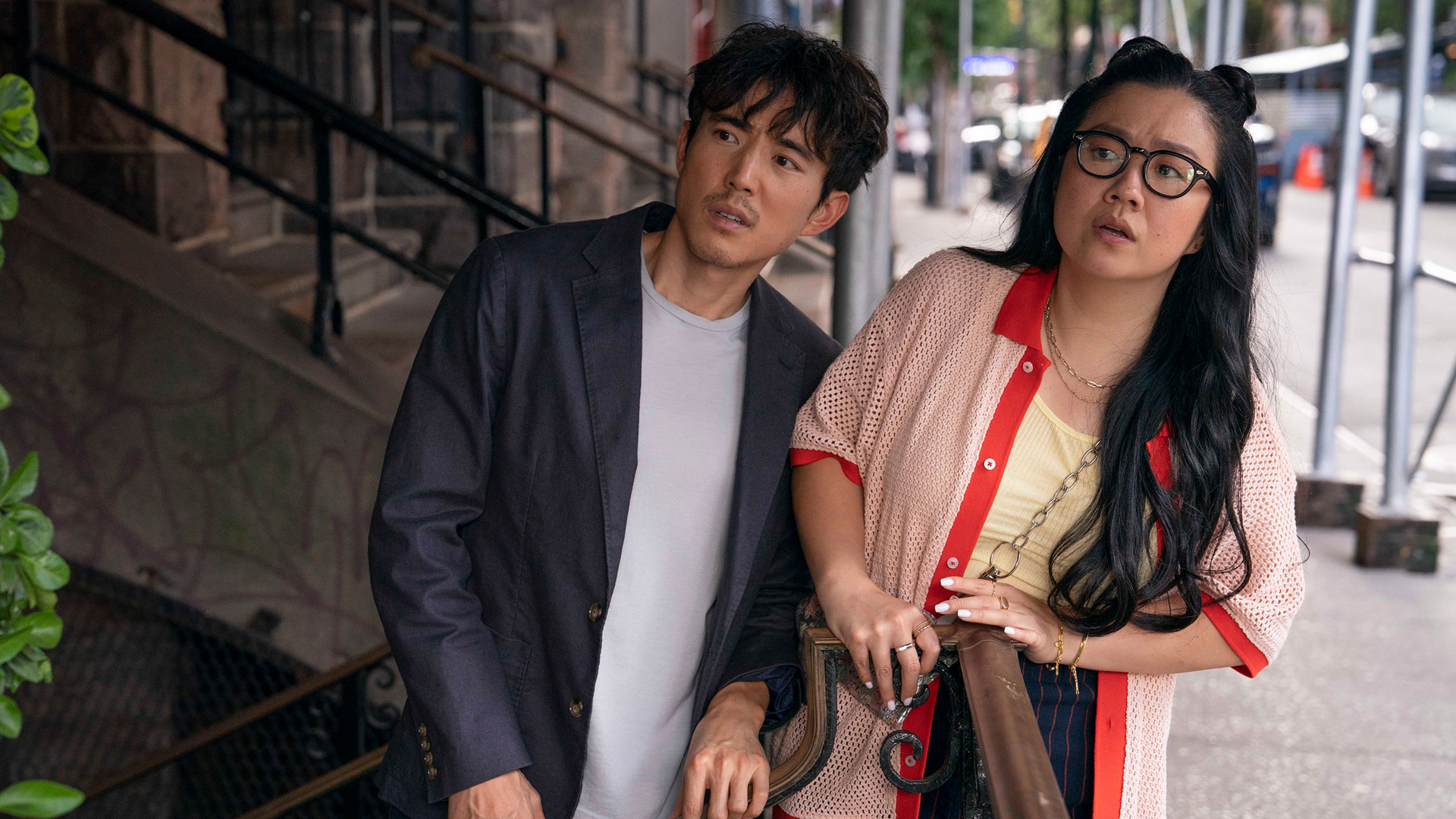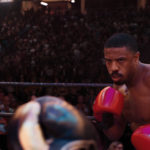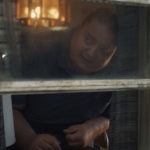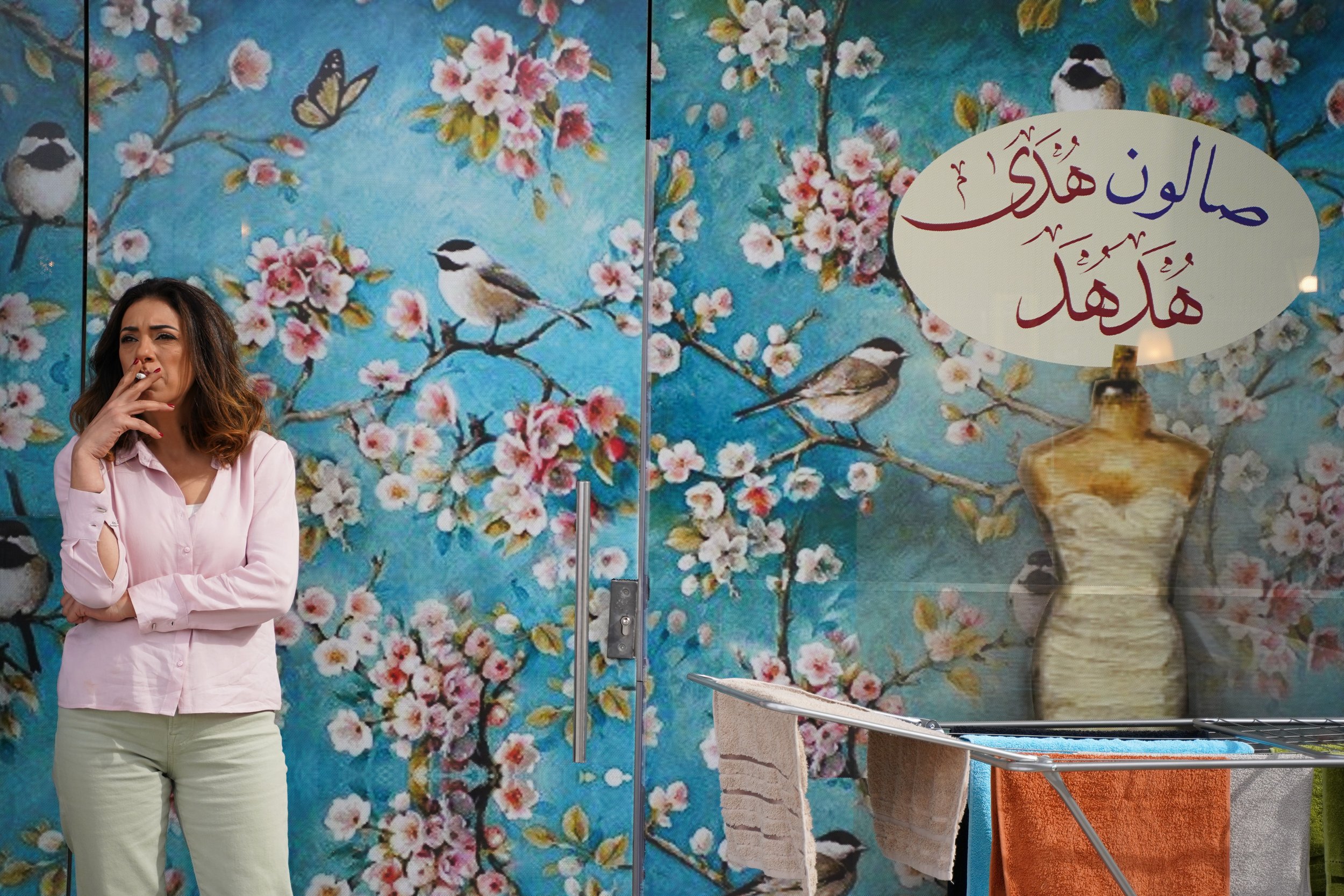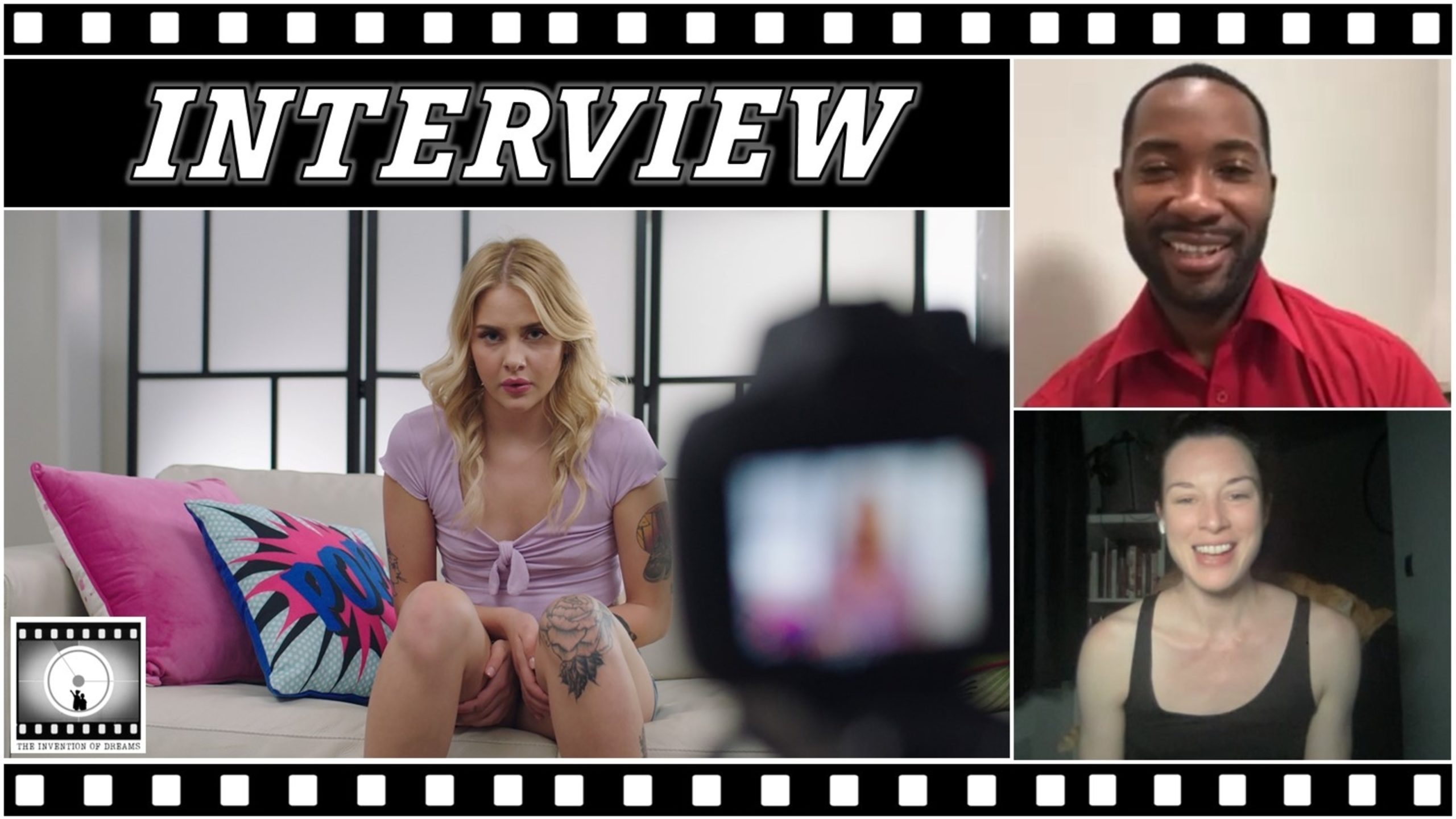
“Separating the artist from the art” is an absurdist fiction. Every viewer brings their personal experience to the table when consuming a film or other media, just as each serious filmmaker brings their own life story to the fore when making art. All great works exist in discussion with their influences. None of this is to say works by bad people should be discarded because bad people made them, rather the character of the creators should exist as part of the dialogue around problematic art.
It would be intellectually dishonest to approach a Woody Allen film without acknowledging his problematic history. It remains nearly impossible to reconcile his tendency towards May-December romances in his storytelling with the allegations in his personal life. That said, if the man can find financing, willing participants, and an audience, I believe he should be able to continue to make his art. Here, Allen takes on another age gap pairing: the story of a curmudgeonly film critic (played by a 78 year old actor) married to a younger press agent (played by 59 year old) who becomes besotted with a young doctor (played by a 46 year old). Allen, perhaps a bit churlishly considering the handful of metatextual quips in the dialogue, seems intent on needling the viewer with this particular plot at this moment in time.

I found that prodding left me with a nasty taste in my mouth as I otherwise attempted to absorb a reasonably pleasant romantic dramedy. It’s too bad because nothing about the love triangle at play here (well, really a quadrangle as both spouses have a side interest) should require the meta-casting Allen avatar deployed here. I have come to realize that I like Allen best when he tells stories that seem a bit removed from how we might envision the filmmaker himself. His Vicky Christina Barcelona is a vibrant, funny, risqué story that works so well thanks to the charisma of its exceptional cast. My favorite Allen film, Midnight in Paris, benefits immensely from his deep love for European culture from a century prior. Allen, in perhaps his most stylish film, deploys slightly arch versions of the great artists of the early century to tell a moving story about the interplay of nostalgia and romance. It feels like a film made by someone grappling with the weight of a life spent focused on the past trying to make sense of it all.
Rifkin’s Festival has a lovely premise that feels reminiscent of Midnight in Paris. As the various tensions in film critic Mort’s life bubble to the surface, his mind withdraws into autofictional versions of the great classics of cinema to which he has dedicated his life: Citizen Kane, Jules et Jim, and 8 ½ among them. Mort and his wife and the supporting cast fall into heightened versions of the characters in the underlying films as Allen plays tricks with color and aspect ratio. It feels like The Secret Life of Walter Mitty by way of The Criterion Collection closet, which is an absolutely delicious concept. The imaginings are never particularly accurate feeling – Mank this is not – but they’re effective at conveying the idea of various films. In the movie’s funniest sequence Christoph Waltz (Inglourious Basterds, No Time to Die) shows up as Death in a loving riff on The Seventh Seal. Waltz, mercifully removed from a life playing far too many villains in Hollywood blockbusters, is hilariously hammy.

Mort is played by the excellent character actor Wallace Shawn. Shawn, best known for talkie dramedies like My Dinner with André and broad comedies like The Princess Bride, is a natural fit as an Allen avatar. His nervous energy and comedic grace shine through and he has an easy lived-in tension with his wife, Gina Gershon (Bound, Showgirls). It’s the best film role the actress has had in decades and she doesn’t let it go to waste. She’s a burst of energy and takes to Allen’s pitter-patter dialogue well. The rest of the cast, largely performers less well know Stateside, is reasonably well deployed.
It’s impossible for me to recommend that a viewer who is – understandably – put off by the Allen allegations seek out the film. He seems to engage with his past in a way that feels more trolling than enlightening. If you remain open to his work, Rifkin’s Festival is almost precisely mid-tier Allen. It doesn’t have the lazy slapdash feel of a Wonder Wheel or the scattershot tone of a Cassandra’s Dream but it remains unable to approach the emotional highs of Match Point or the wit of Blue Jasmine. For me, Allen’s baggage weighed a bit too heavily for me. I failed to connect with the film the way some others might.

Rifkin’s Festival is available today in theaters and on VOD.




